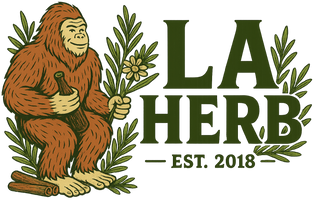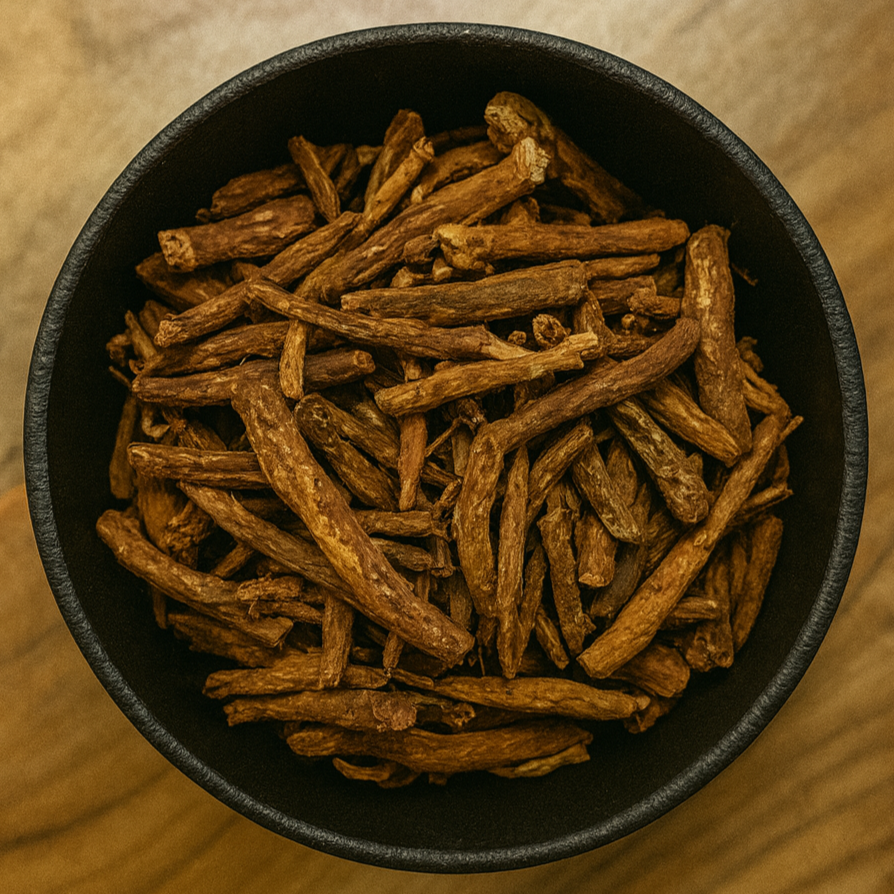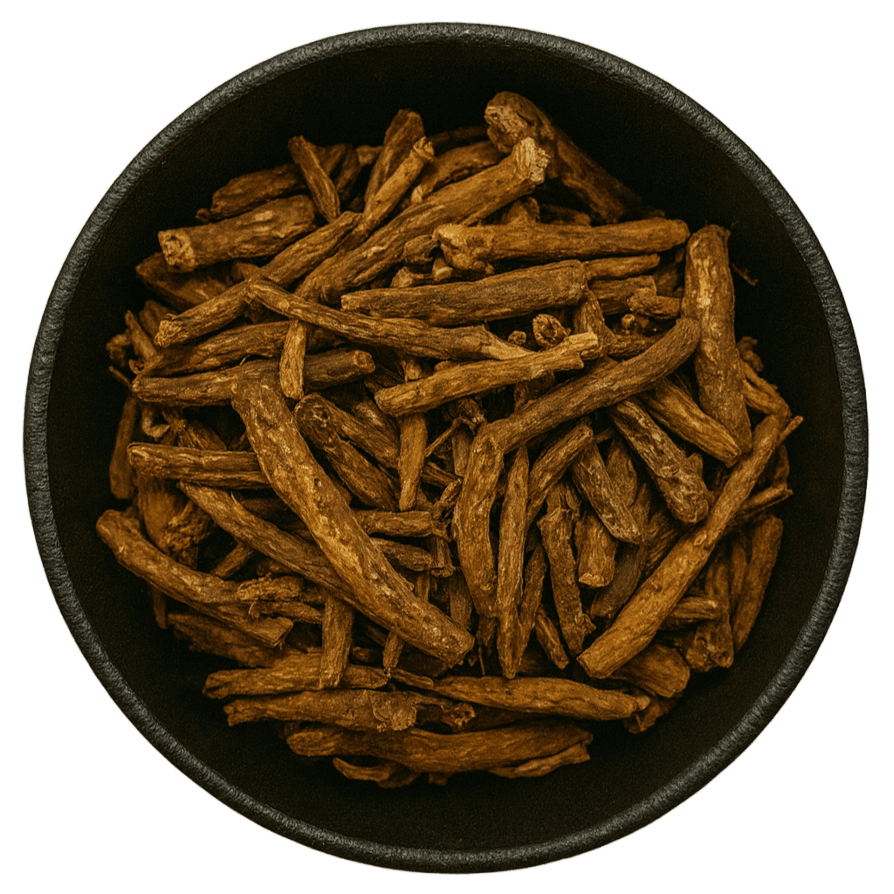Silkvine Root Bark Whole (Periploca Sepium Bunge)
Silkvine Root Bark Whole (Periploca Sepium Bunge) - 1 oz is backordered and will ship as soon as it is back in stock.
Couldn't load pickup availability
Silkvine Root Bark Whole (Periploca sepium Bunge) is the dried root bark of a climbing shrub traditionally used in Chinese medicine (TCM) for its warming, tonifying, and invigorating properties. Known in TCM as Bei Wu Jia Pi, this herb has long been valued for its ability to strengthen the tendons and bones, dispel wind-damp, and support yang energy, particularly in cases of weakness and fatigue.
In traditional practice, Silkvine Root Bark is regarded as bitter, acrid, and warm in nature, entering the Kidney and Liver channels. It is commonly prescribed to treat soreness of the lower back and knees, weakness in the limbs, and joint pain due to wind-damp or cold invasion. It is also used in certain formulas to support kidney yang, invigorate circulation, and enhance endurance and vitality.
Because of its stimulating qualities, Periploca is sometimes compared to Eleutherococcus senticosus (Siberian Ginseng), another herb used to strengthen the body’s resilience and energy reserves. However, Silkvine carries a more focused warming and bone-strengthening action within the TCM framework.
Modern phytochemical studies of Periploca sepium reveal the presence of steroidal glycosides, periplocin, and triterpenes, compounds associated with cardiotonic, anti-inflammatory, and immunomodulatory effects. These constituents reflect its traditional role in restoring vitality and supporting musculoskeletal health, though they also demand careful use.
Each batch of Silkvine Root Bark Whole (Periploca sepium Bunge) is carefully harvested and dried to preserve its woody texture, aroma, and potency. When decocted, it yields a warm, slightly bitter infusion traditionally used to tonify yang, strengthen tendons, and dispel wind-damp cold.
Also Known As: Xiang Jia Pi, Cortex Periplocae, Silkvine Bark, Periploca Bark
Nutrients: Steroidal glycosides (periplocin, periplogenin), triterpenoids, flavonoids, volatile oils, alkaloids, resins
Notes: A potent Traditional Chinese Medicine herb used to dispel wind-dampness, strengthen tendons and bones, and promote urination. Commonly prescribed for conditions such as rheumatic pain, edema, and weakness of the lower limbs. It also supports kidney yang and helps relieve swelling from damp accumulation. Caution: Contains cardiac glycoside-like compounds; improper use can affect the heart. Should only be used under professional supervision and not combined with Aconite (Fu Zi). Toxic in high doses. Not a culinary ingredient.






